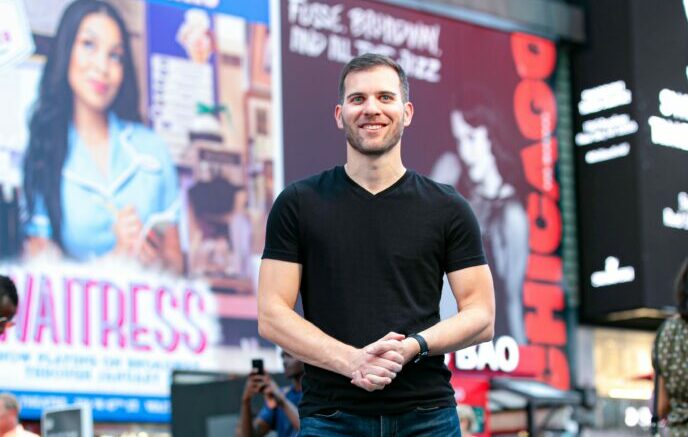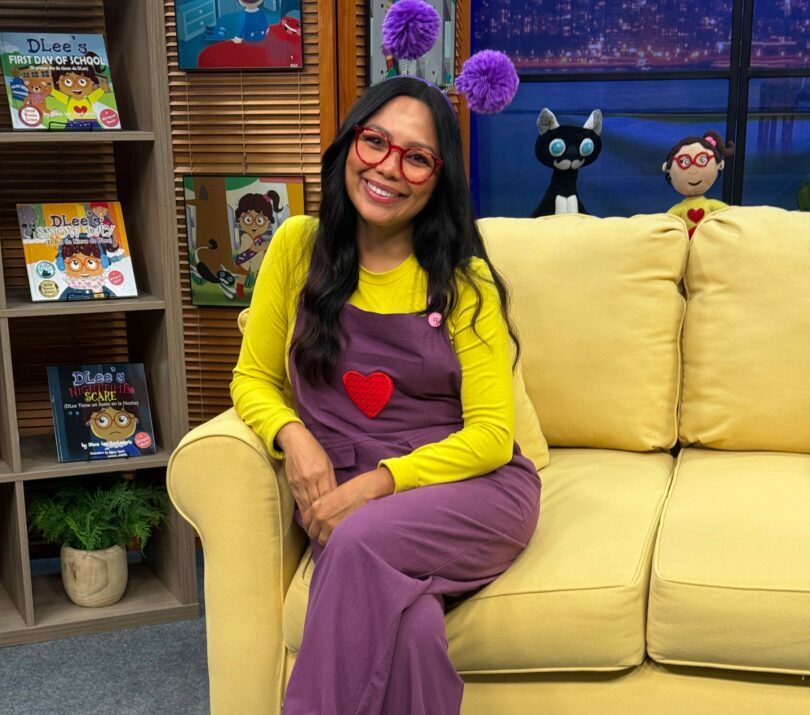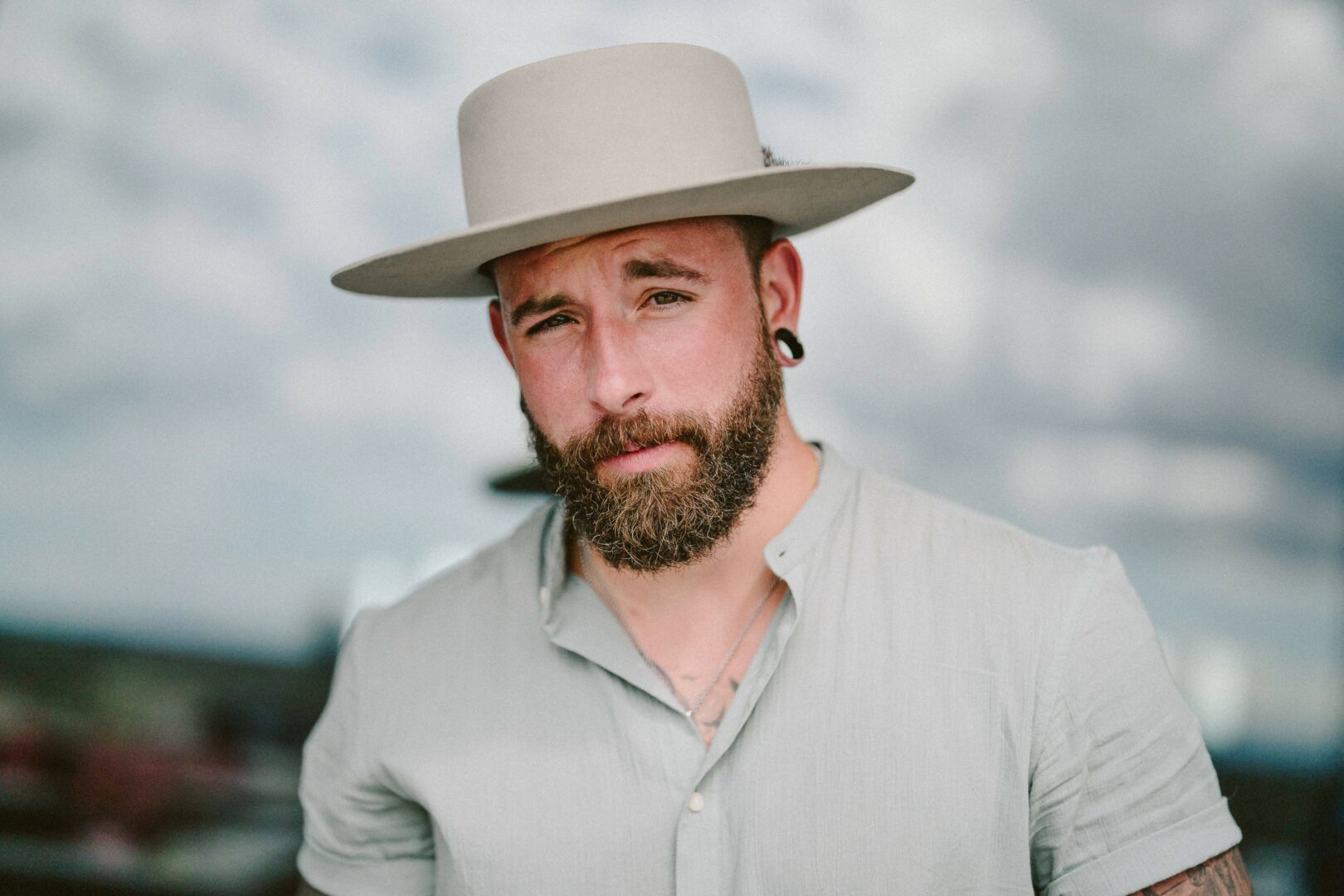We caught up with the brilliant and insightful Vivian Yining Cao a few weeks ago and have shared our conversation below.
Vivian Yining, so good to have you with us today. We’ve got so much planned, so let’s jump right into it. We live in such a diverse world, and in many ways the world is getting better and more understanding but it’s far from perfect. There are so many times where folks find themselves in rooms or situations where they are the only ones that look like them – that might mean being the only woman of color in the room or the only person who grew up in a certain environment etc. Can you talk to us about how you’ve managed to thrive even in situations where you were the only one in the room?
I think it’s something many people—especially those from underrepresented groups—can relate to on a deep level. For me, as a Chinese-born New York-based creative producer and performing arts manager working in an industry that hasn’t always been known for its inclusivity, there have been countless times where I’ve been the only person of color, or the only immigrant, or the only woman in the room. These moments can feel isolating, but they’ve also taught me a lot about resilience and finding strength in my identity and my works.
When you’re the only person in the room who comes from a particular background, it can feel like you don’t belong. But I’ve come to realize that my perspective is not only valid—it’s essential. In a space where everyone else comes from the same walk of life, it’s my experiences that can challenge the status quo and push the boundaries of what’s possible. I’ve also learned the importance of building genuine relationships with people who understand and respect my experiences, even if they don’t share them. Having worked across Broadway, Off-Broadway, and esteemed non-profit performing arts institutions, I’ve been fortunate to have mentors who recognized this, people who vouched for me and helped me gain access to opportunities I might not have had otherwise. I’m immensely grateful for their belief in me—it’s their advocacy that has allowed me to push forward.
At the same time, I recognize the importance of showing what’s possible for people like me. I want to be a visible example of how someone from a different background can thrive and make a mark on this industry, because I know how powerful that representation can be for others. By being in the room—and ensuring that other voices like mine are too—we slowly reshape the makeup and values of the theatre industry.
Last but not the least, staying authentic to who I am and what I stand for is critical. It might be tempting to mold yourself to fit a room, but real change comes when you show up as yourself. I draw strength from my roots and my community, which keeps me grounded even when I feel like I’m the outlier. Whether it’s producing work that reflects my heritage or collaborating with underrepresented artists, I make sure my work reflects my values, and I push to create spaces where others can do the same. For example, with Salesman 之死, an Off-Broadway bilingual play based on the true story of Arthur Miller going to Beijing in 1983 to direct an all-Chinese cast in a production of Death of a Salesman, I was able to blend Eastern and Western narratives while addressing themes of immigration and identity. This project was a direct reflection of my own journey, as well as the experiences of many immigrant families, and it was important for me to bring these voices to the stage.
Ultimately, I think thriving as the “only one in the room” is about realizing that your presence there matters, and your voice can create ripples of change. It’s about perseverance, community, and never forgetting that we all have the power to shape the spaces we find ourselves in.
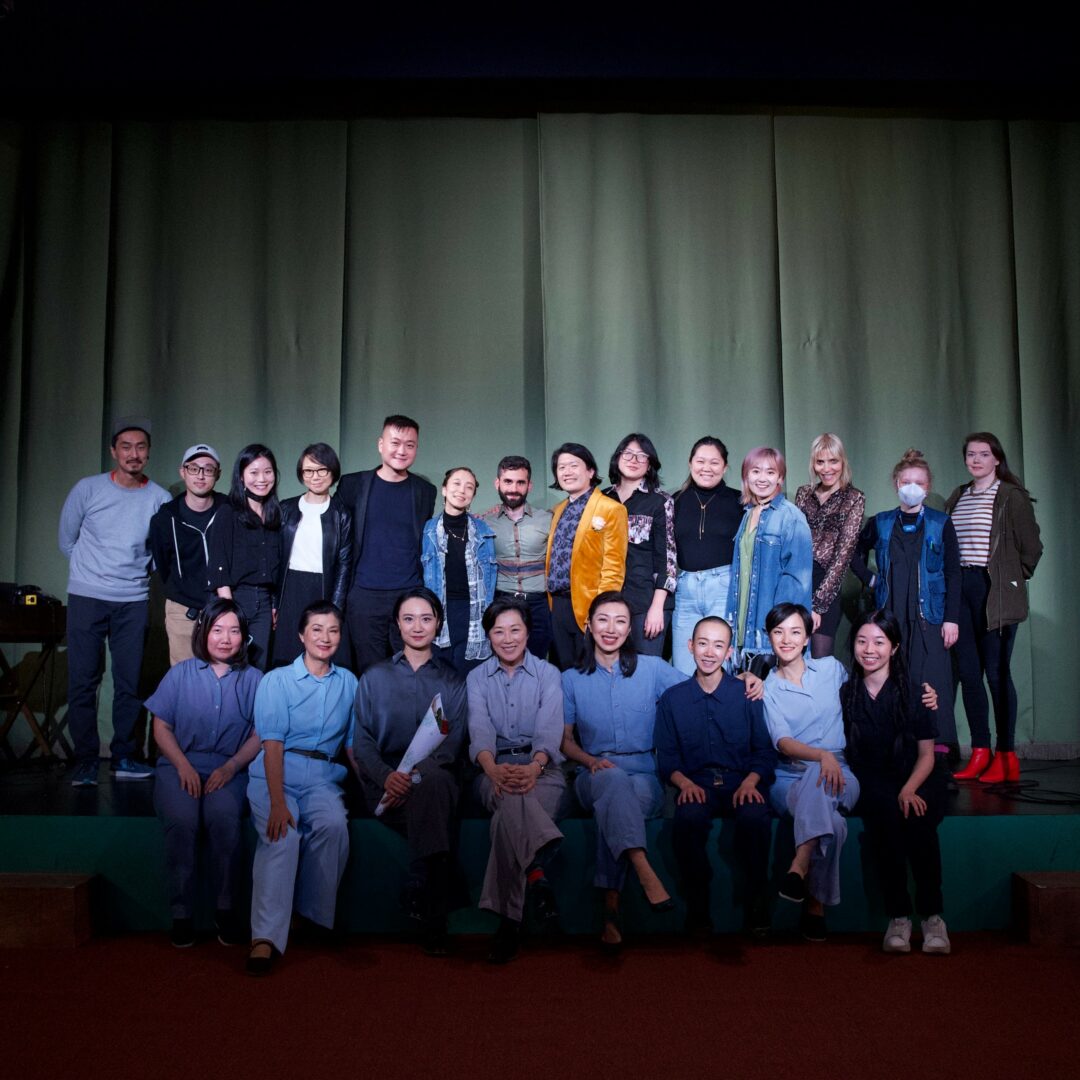
Thanks, so before we move on maybe you can share a bit more about yourself?
Thank you for giving me the opportunity to share more about my work and my story! I’m a Chinese-born New York-based creative producer and performing arts manager, with over five years of experience working across commercial theatre, performing arts institutions, and international stages. I’ve always believed in the transformative power of theatre to unite people, bridge cultures and connect the world, and that belief drives me.
As a performing arts manager, I enjoy providing managerial support for productions so that the multitude of creative artists involved can best collaborate and create vibrant theatre. I’ve had the privilege of working on Broadway involved in shows such as Company, Death of a Salesman, Leopoldstadt, etc. and with esteemed non-profit performing arts institutions like Brooklyn Academy of Music (BAM). Currently, I’m the Company Manager for Blood of the Lamb, an Off-Broadway play at 59E59 Theaters. Next up, I will be heading to another Off-Broadway show in NY, following sold-out, critically-acclaimed engagements in LA and DC. The thrill of managing productions at this level is that each show is a massive collaboration involving numerous moving parts, from budgets and schedules to artist contracts and stakeholder coordination. Looking ahead, I will continue to build a career in management that reflects my commitment to fostering diversity, equity, and inclusion within this space. It’s not just about ensuring productions run smoothly; it’s about making sure that underrepresented talent is supported at every level of a production, from the creative team to the cast and crew.
As a creative producer, my journey has been about pushing boundaries and bringing underrepresented voices to the forefront of theatre-making. Whether it’s working with Asian women+ immigrant artists or producing works that challenge traditional theatre forms, my focus has always been on creating space for artists whose voices are often left out of the mainstream conversation.
One notable project that illustrates this was Two Takes: The Peony Pavilion, which brought together a modern queer adaptation of a classic Chinese opera with a traditional kunqu version. We worked closely with organizations like Kunqu Society, Hunter College CUNY, and Lower Manhattan Cultural Council to bring this vision to life. What made this experience particularly rewarding was seeing a full house of audiences in different ages, ethnicities and backgrounds sitting together. It was a testament to what can be achieved when diverse voices come together to reimagine and celebrate cultural heritage. Currently, I’m producing a NYC regional workshop for National Science Foundation, UCLA-led Innovation, Culture, and Creativity (ICC) project, which focuses on exploring AI and XR technologies with contemporary performance methodologies. This type of interdisciplinary work is exciting to me as it explores how we can continue pushing the boundaries of storytelling in performing arts. In addition to independent producing, I’ve been working with Yangtze Repertory Theatre to curate and develop new projects that focus on the Chinese diaspora and the broader AAPI community. It’s incredibly exciting to be part of a movement that is working to increase the visibility of immigrant artists and to create space for their stories to be heard.
To me, theatre is not just about entertainment—it’s about breaking down barriers and creating spaces where diverse stories can flourish. Whether it’s through producing boundary-pushing shows or advocating for underrepresented artists, my goal is always to shape a more inclusive and representative performing arts scene.
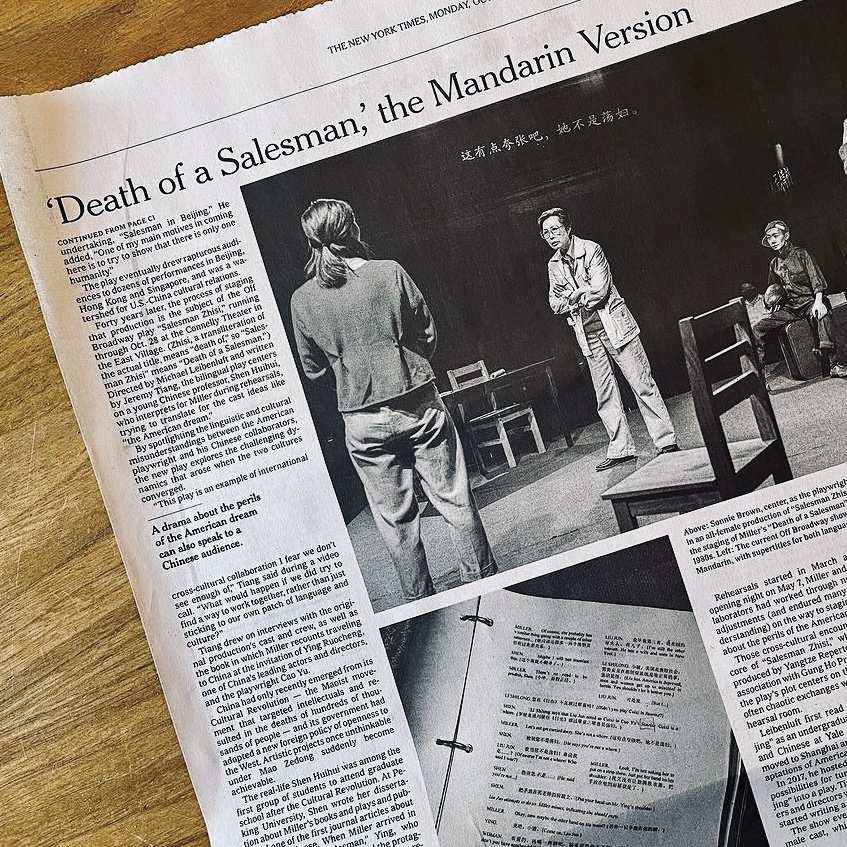
There is so much advice out there about all the different skills and qualities folks need to develop in order to succeed in today’s highly competitive environment and often it can feel overwhelming. So, if we had to break it down to just the three that matter most, which three skills or qualities would you focus on?
Looking back, I think there are three key qualities and skills that have been the most impactful on my journey in theatre management and producing:
1. Adaptability: Our industry is a constantly shifting landscape, where no two days are the same. Each production brings new challenges, unexpected situations, and opportunities for creative problem-solving. Whether it’s navigating last-minute changes in a show’s schedule or managing complex logistics across different departments, the ability to adapt quickly and stay calm under pressure has been crucial.
2. Communication and Collaboration: Building strong relationships and communicating effectively have been instrumental in my career. Whether it’s with artists, crew members, leadership or other stakeholders, our industry thrives on collaboration. For early-career professionals, I’d encourage investing time in finding your collaborators. Be curious and open to others—whether it’s the people you work with or mentors who can guide you. Seek out projects that challenge you to think beyond your immediate experience, and find ways to collaborate with individuals from diverse backgrounds.
3. Cultural Awareness and Inclusivity: As someone who has produced works centering underrepresented voices, I’ve learned that cultural awareness and inclusivity are not just important in the stories we tell but also in how we approach collaboration. Understanding and respecting different backgrounds, perspectives, and experiences is vital. Equally important is staying true to my own identity and values—my unique background is something that can truly set me apart in my career and allow me to contribute to the industry in a meaningful way. It’s what allows you to bring new perspectives to the table, break boundaries, and create space for others who may not yet have a voice.
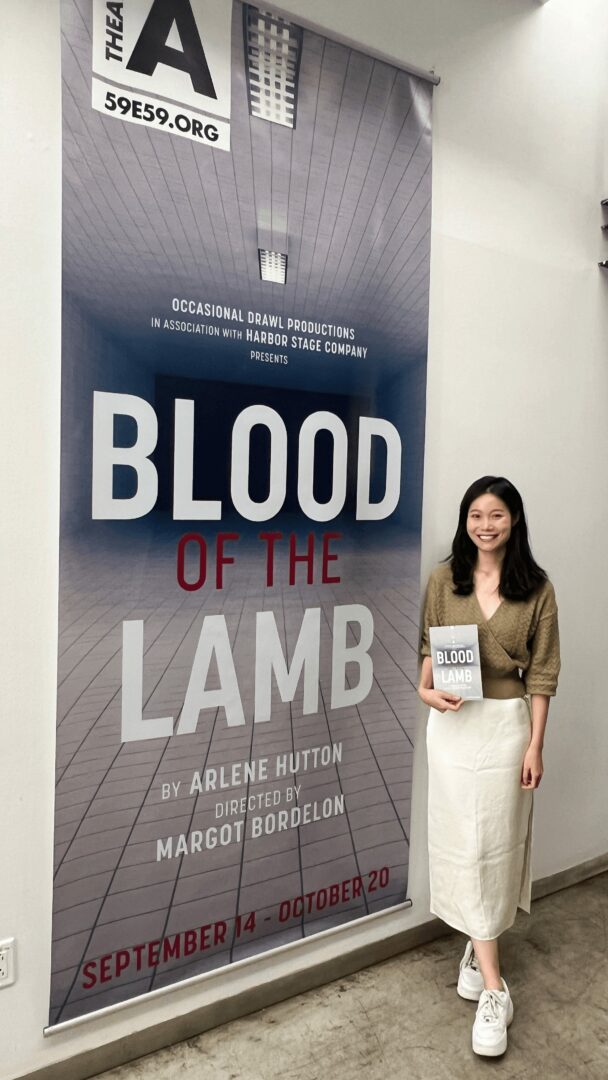
One of our goals is to help like-minded folks with similar goals connect and so before we go we want to ask if you are looking to partner or collab with others – and if so, what would make the ideal collaborator or partner?
I’m always open to partnering and collaborating with like-minded individuals who share a passion for pushing the boundaries of theatre and fostering inclusivity in the performing arts. I’m particularly interested in collaborating with:
1. Immigrant and Underrepresented Artists: I’m eager to work with storytellers who come from diverse cultural backgrounds, particularly those who are focused on telling immigrant stories, AAPI narratives, or who are challenging conventional perspectives in theatre.
2. Interdisciplinary Artists and Creative Technologists: With my current workshop blending AI, XR, and contemporary performance methodologies through the NSF ICC Project, I’m excited about the potential to collaborate with artists and creative technologists who are exploring the intersection of technology and performing arts. This is a space where we can innovate and push storytelling into new dimensions.
3. Producers: Whether you’re an individual producer or an organization, if you’re committed to creating more opportunities for underrepresented voices in theatre, I would love to connect. I’m interested in projects that prioritize cultural exchange, cross-disciplinary approaches, and narratives that reflect our diverse world.
If you’re reading this and would like to collaborate, feel free to reach out! I can be contacted via email or social media. I’m always looking for new partnerships that can create meaningful, impactful work.
Contact Info:
- Website: https://vivianyiningcao.com
- Instagram: @viviancaoyn
- Linkedin: https://www.linkedin.com/in/yining-cao-445a33148/
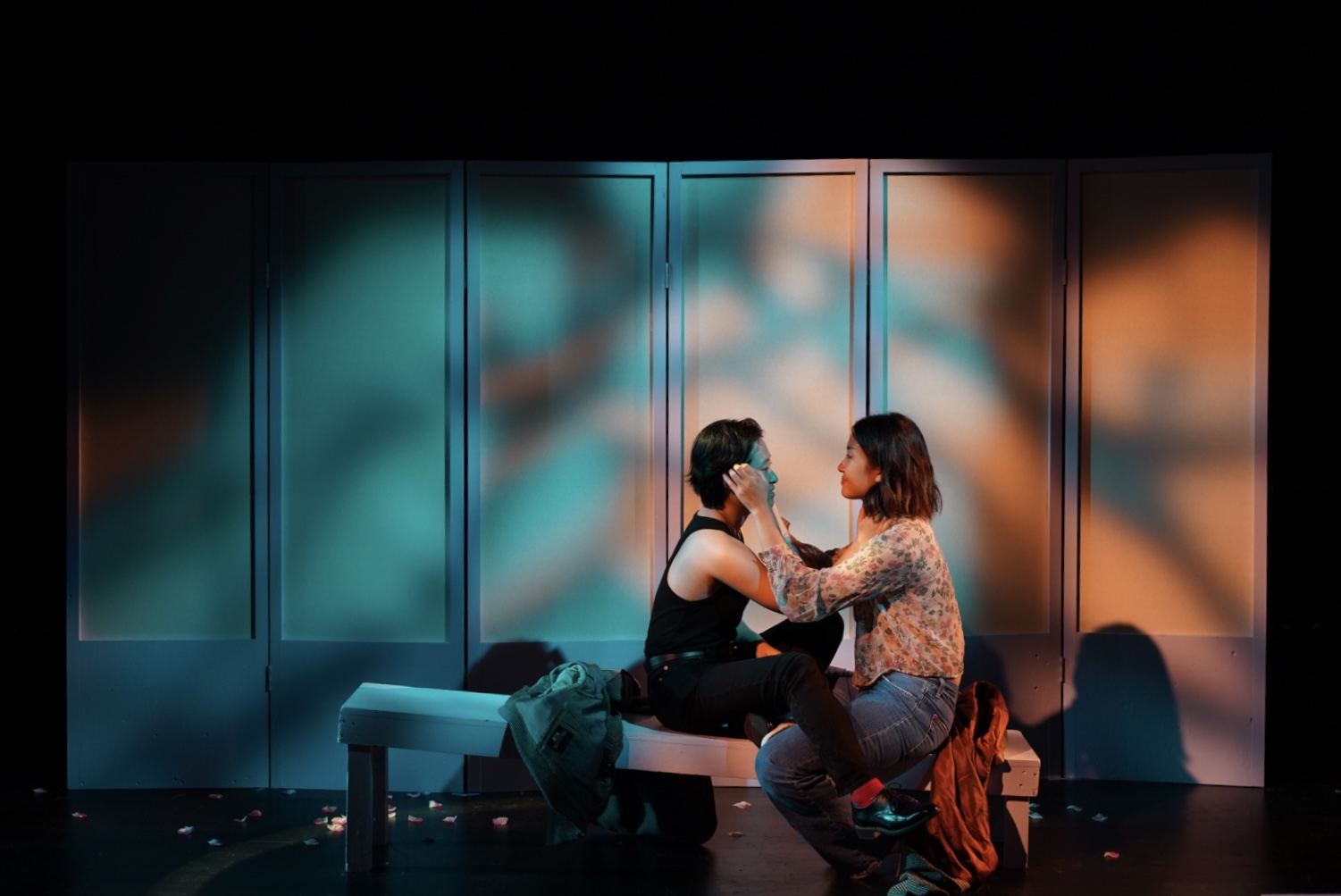
so if you or someone you know deserves recognition please let us know here.


